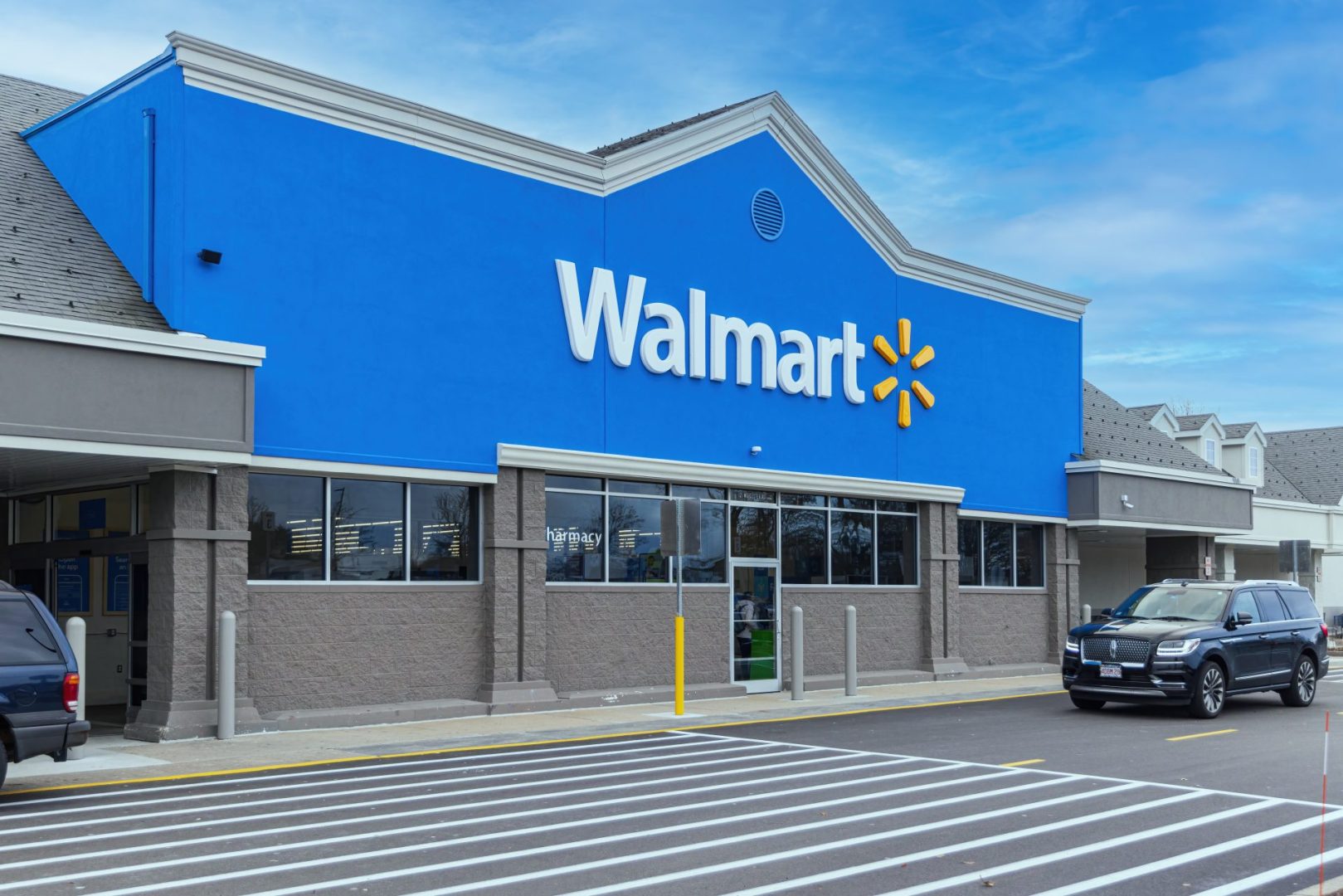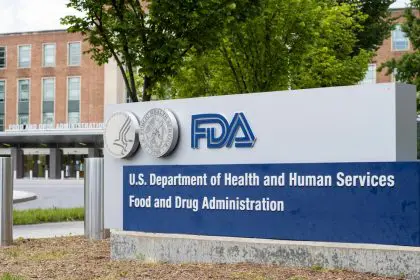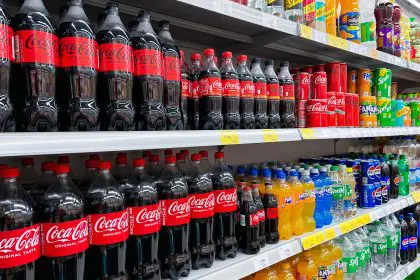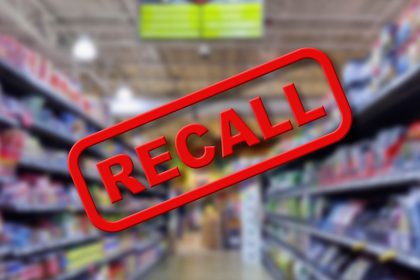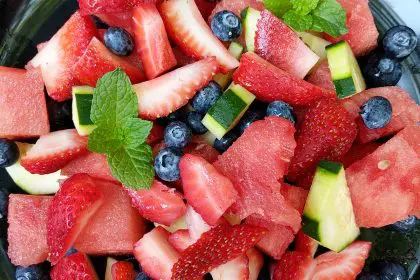Walmart, the retail giant that nearly 95 percent of Americans visit at least twice a year, has been at the center of four significant product recalls since March 2025. These safety alerts affect common household items that might be sitting in your pantry or freezer right now.
Baked beans containing hidden allergen
Vietti Food Group of Nashville issued a recall of 4,515 cases of Yellowstone Brown Sugar Molasses Baked Beans on May 2. The 15-ounce cans contain undeclared soy, posing serious risks to those with soy allergies or sensitivities.
While no illnesses have been reported so far, health officials warn that allergic reactions can develop quickly and severely. Customers who purchased these beans should not consume them and should return the product to Walmart for a refund.
The company has not yet provided details about which production batches are affected, so experts recommend returning all Yellowstone Brown Sugar Molasses Baked Beans purchased recently.
Celery sticks potentially contaminated with dangerous bacteria
On April 10, Duda Farm Fresh Foods announced a precautionary recall for a single production lot of Marketside Celery Sticks after routine testing by the Georgia Department of Agriculture detected Listeria monocytogenes.
The affected products are four-count bundle packs of 4-inch/1.6-ounce Marketside Celery Sticks sold exclusively at Walmart with the UPC Code 6 81131 16151 0. While the products are now past their sell-by date, officials warn that customers who may have frozen these celery sticks should discard them immediately.
Listeria contamination presents particularly serious health threats to vulnerable populations including young children, elderly individuals, pregnant women, and those with weakened immune systems. Infections can cause severe symptoms including high fever, intense headaches, stiffness, nausea, abdominal pain, and diarrhea.
Health authorities confirm that all observations related to this contamination have been addressed to FDA satisfaction, and no outbreak cases have been linked to these celery sticks.
Tortilla chips with unexpected allergen
Frito-Lay recalled certain 13-ounce bags of Tostitos Cantina Traditional Yellow Corn Tortilla Chips on March 26 after discovering that some packages might contain nacho cheese tortilla chips with undeclared milk ingredients.
For individuals with milk allergies or severe sensitivities, consuming these mislabeled chips could trigger serious or even life-threatening allergic reactions. The affected products feature UPC Code 28400 52848 and a “guaranteed fresh” date of May 20, 2025.
Although no allergic reactions have been reported in connection with these chips, food safety experts emphasize the importance of checking all Tostitos products in your home against the recall information. Consumers with milk allergies should discard affected packages immediately.
The recall highlights the critical importance of accurate food labeling, particularly for the millions of Americans who manage food allergies daily.
Frozen meals contaminated with dangerous materials
Perhaps most concerning among the recent recalls, Nestlé USA initiated a voluntary withdrawal of specific Lean Cuisine and STOUFFER’S frozen meals on March 17 after consumers reported finding wood-like material in their food.
According to Nestlé, this action followed multiple consumer complaints, including one potential choking incident. The affected products were manufactured between August 2024 and March 2025 and distributed to major retailers nationwide from September 2024 through March 2025.
The recall includes four specific products:
- Lean Cuisine Butternut Squash Ravioli
- Lean Cuisine Spinach Artichoke Ravioli
- Lean Cuisine Lemon Garlic Shrimp Stir Fry
- STOUFFER’S Party Size Chicken Lasagna (96-ounce)
Nestlé advises customers who purchased these items to check the batch numbers and best-before dates printed on the side of the packaging against the comprehensive list available on Walmart and FDA websites. The company emphasizes that no other Lean Cuisine or STOUFFER’S products are affected by this recall.
Customers should not prepare or consume these potentially contaminated meals. Instead, they should return them to Walmart or the retailer where purchased for a replacement or full refund. Meanwhile, Nestlé continues investigating the source of contamination in collaboration with the FDA and U.S. Department of Agriculture.
Walmart’s response to ensure customer safety
Walmart states on its website that the company is “committed to the health and safety of our customers and members and to providing products that are safe and compliant.” When recalls occur, Walmart says it works “swiftly to block the item from being sold and remove it from our stores and clubs.”
Food safety experts recommend that consumers regularly check recall notifications from retailers where they shop. Many stores, including Walmart, now offer ways to receive automatic alerts about recalls affecting purchased products through their apps and loyalty programs.
Protecting yourself from recalled products
Consumer advocates recommend several steps to guard against health risks from recalled items:
- Keep receipts or use digital purchase history to verify if you’ve bought affected products
- Sign up for FDA and USDA food safety alerts
- Check your pantry and freezer regularly against recent recall notices
- Never consume products suspected of contamination, even if they look normal
- Return recalled items promptly for refunds rather than discarding them, which helps manufacturers track the reach of affected products
Given the wide distribution network of Walmart across America, these recalls potentially affect millions of households. Food safety authorities emphasize that most recalls are precautionary and represent the system working correctly to protect consumers.
The recent string of recalls demonstrates the complex challenges in maintaining food safety across nationwide supply chains, even for established brands and major retailers like Walmart.

